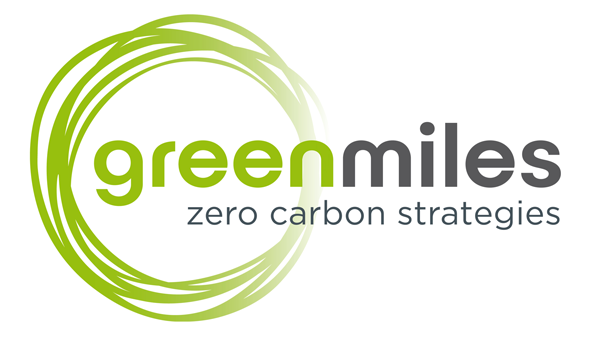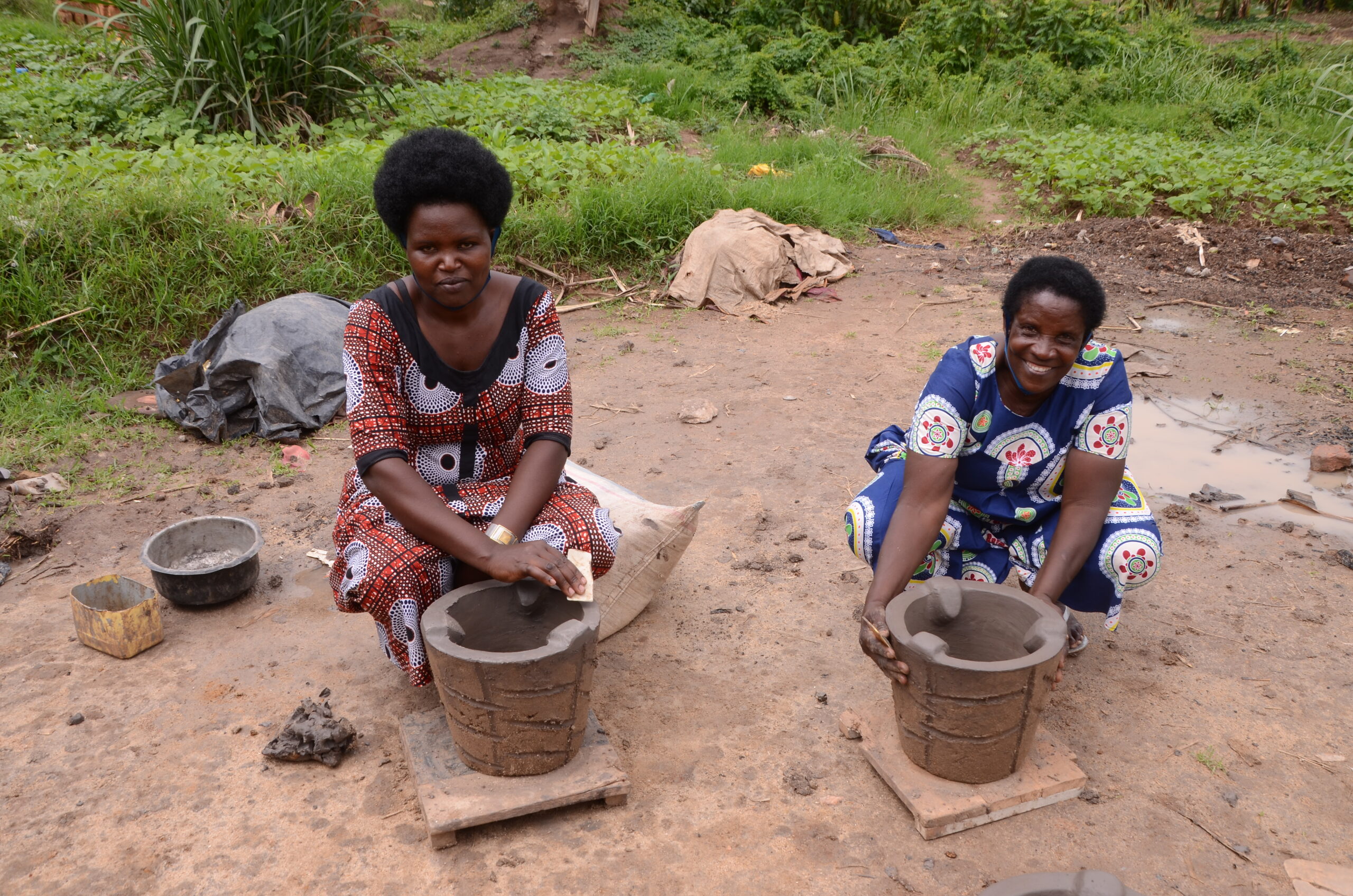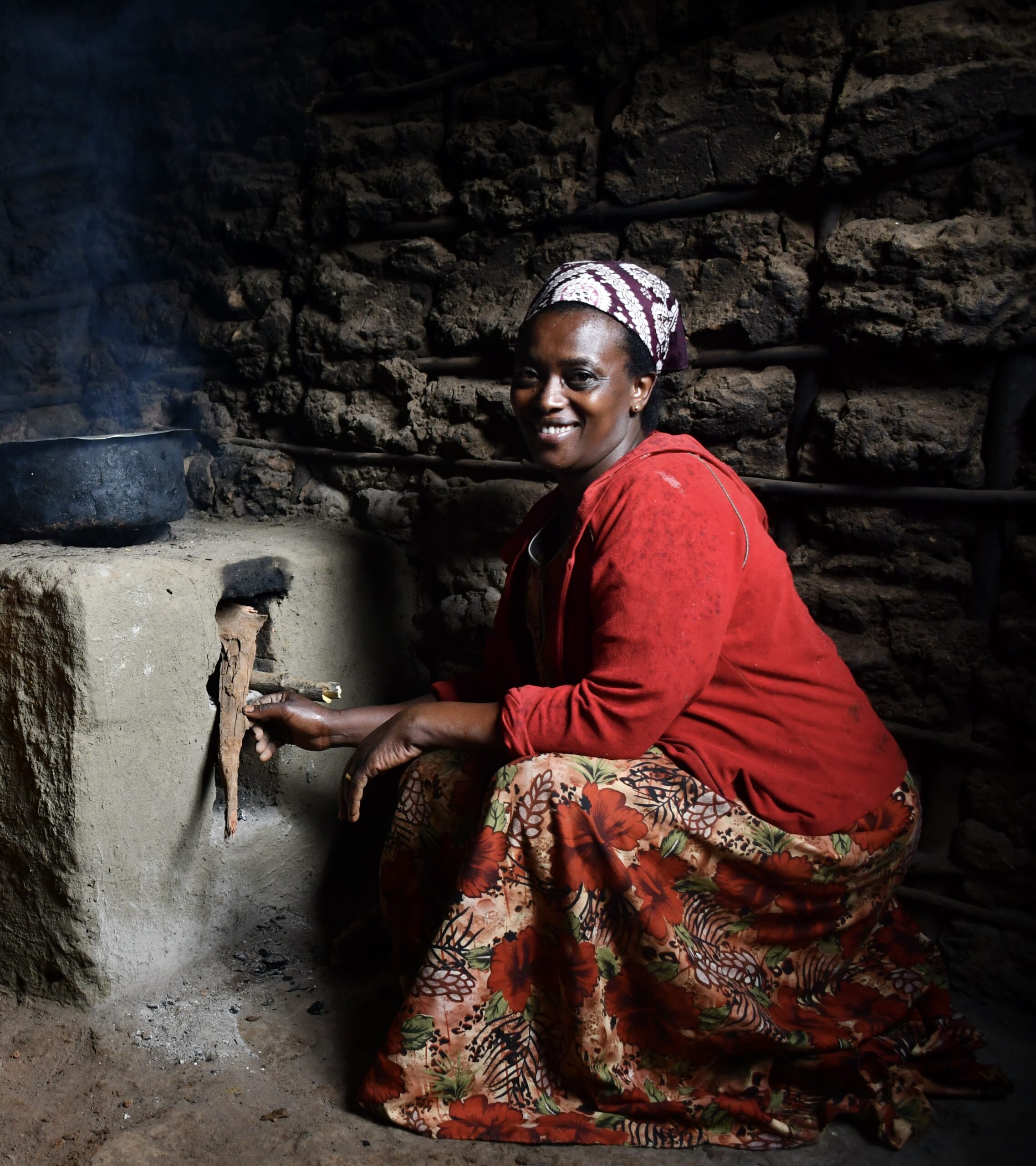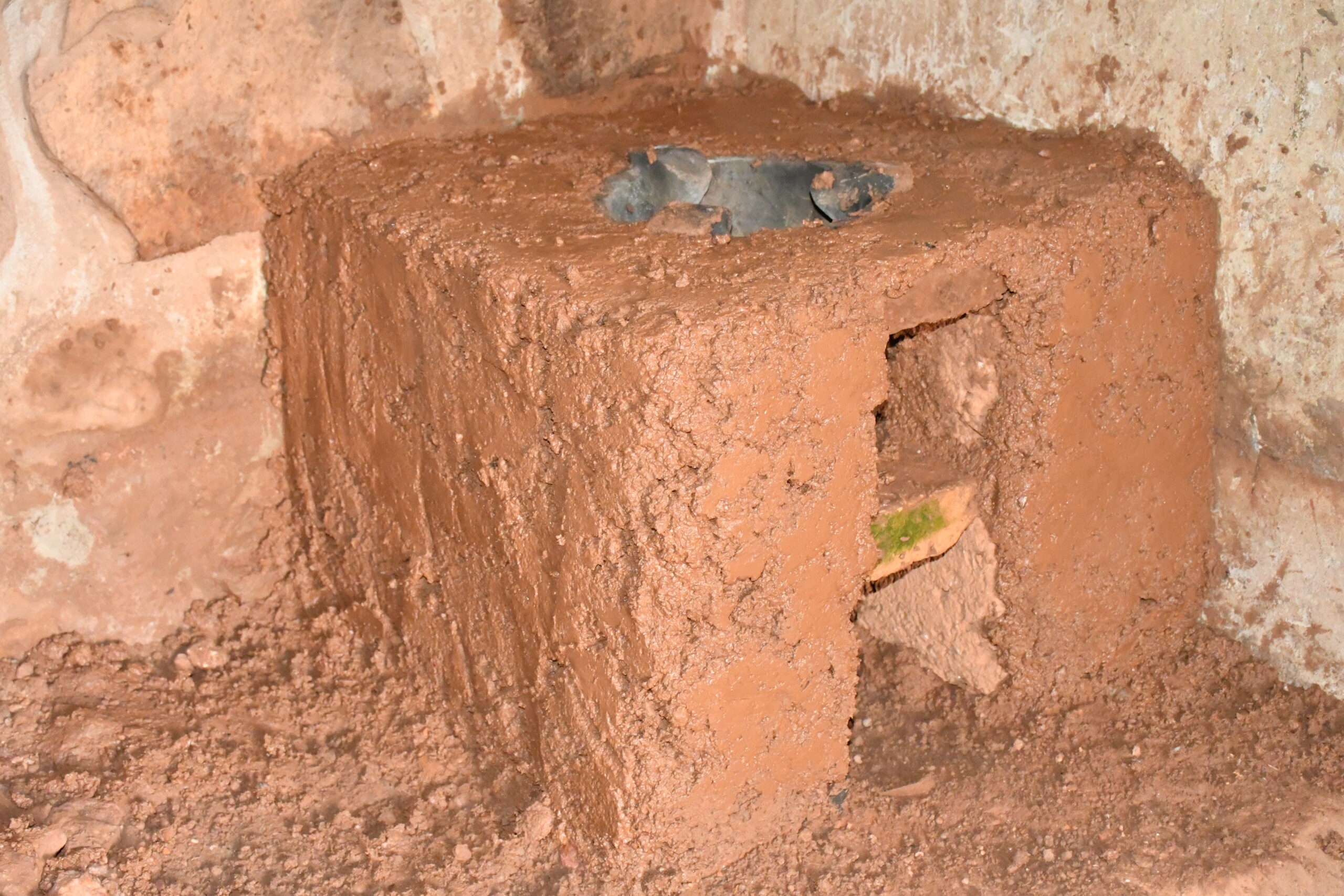Cook Stove Project in Ruanda
The Ibanda-Makera forest is one of the few remaining natural forests in Rwanda. The three-stone fire is often used for cooking here. A traditional but inefficient method. The required biomass is procured from the surrounding area and leads to the deforestation of the natural forests. In most cases, children have the task of time-consuming wood collection. Incomplete combustion on open fires leads to high levels of soot particles in the houses and promotes respiratory diseases.
Cooking stoves reduce wood consumption by two thirds
This household energy project distributes efficient cooking stoves to households in rural Rwanda, reducing wood consumption by two-thirds. Local manufacturing creates valuable employment opportunities. In addition, the reforestation measures implemented (without certification as reduction measures) strengthen the Ibanda-Makera forest, promote sustainable land use and natural resource management. In addition, conservation education is integrated into the Ibanda Primary School curriculum, helping the 1,200 students understand and appreciate the country’s natural resources.
Ecological effects:
-
- Fewer carbon dioxide and carbon monoxide emissions and fewer soot particles.
- Less deforestation of local biomass and thus reduced soil erosion, protection of the biodiversity through additional reforestation
- Improved adaptive capacity to climate change through sustainable land use
Positive social and economic co-benefits:
- Less soot particles in the houses and reduction of respiratory diseases
- Increased safety and time saved for children, who no longer have to travel long distances to look for firewood
- Contribution to food security through sustainable land use
- Improvement of learning conditions for children through support of elementary school
- Creation of jobs





